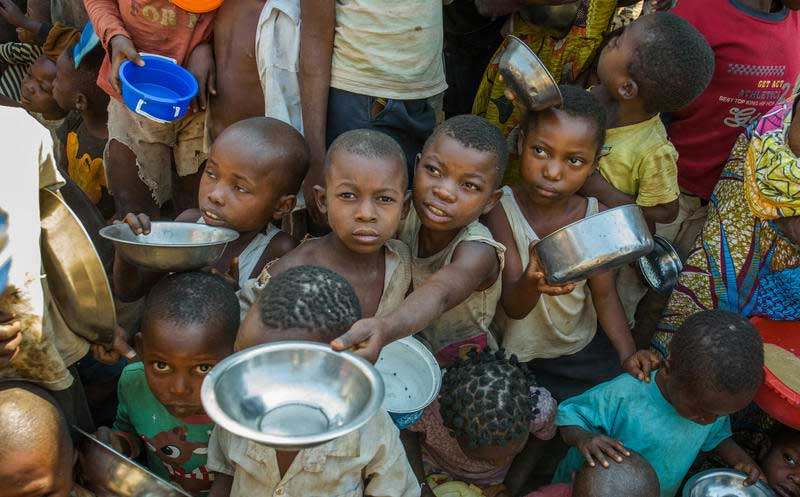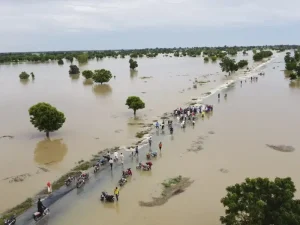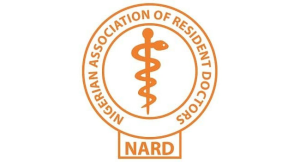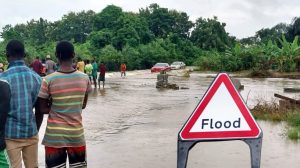
The World Bank’s recent report on Nigeria’s poverty level has triggered widespread outrage, with civil society organizations and interest groups demanding urgent action to prevent a poverty-induced economic meltdown. The report predicts that Nigeria’s poverty rate will increase by 2027, citing ineffective economic policy reforms and lack of inclusive growth.
According to the report, Nigeria’s economic growth forecast has been downgraded, and the country’s poverty rate is expected to rise. This projection has been met with concern from various stakeholders, including the Nigerian Association of Chambers of Commerce, Industry, Mines, and Agriculture (NACCIMA) and ActionAid Nigeria (AAN).
NACCIMA President Dele Oye proposed short-term interventions to shield Nigeria’s vulnerable population and make progress in the fight against poverty. These include implementing well-structured stimulus packages, investing in agriculture, and expanding access to microfinance for small businesses.
AAN Country Director Andrew Mamedu expressed concern over the report’s findings, stating that governance remains Nigeria’s greatest obstacle. He emphasized the need for meaningful structural reforms and criticized the current administration’s prioritization of luxury over people’s lives.
Other stakeholders, including human rights lawyer Deji Adeyanju and Civil Society Legislative and Advocacy Centre (CISLAC) Executive Director Awual Rafsanjani, also weighed in on the report. They highlighted the need for the government to address key drivers of poverty, including rising costs of living, insecurity, and corruption.
To avoid the predicted poverty crisis, stakeholders recommend various measures, such as:
- Implementing targeted stimulus packages and social protection programs
- Investing in agriculture and infrastructure
- Expanding access to microfinance and supporting small businesses
- Addressing insecurity and corruption
- Improving governance and accountability
The report’s findings and recommendations have sparked a national conversation on poverty and economic development, with many calling for urgent action to prevent a poverty-induced crisis.






